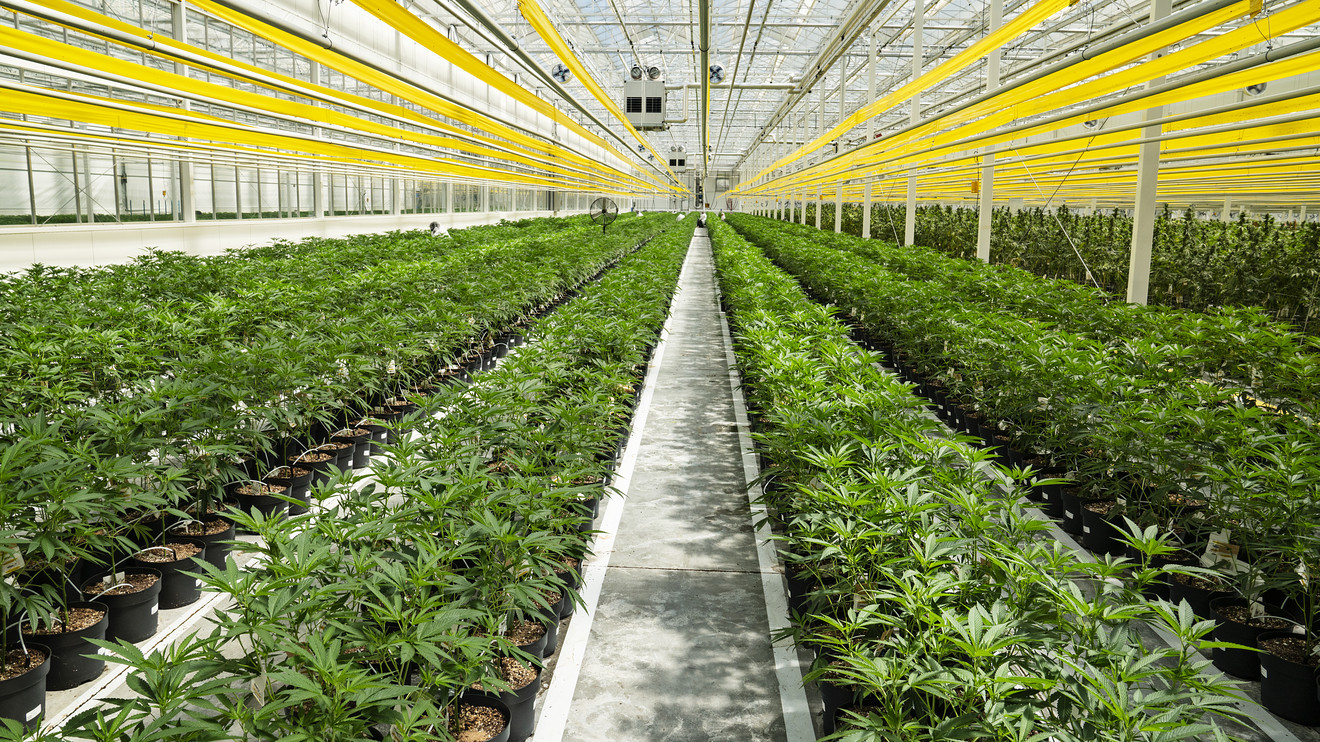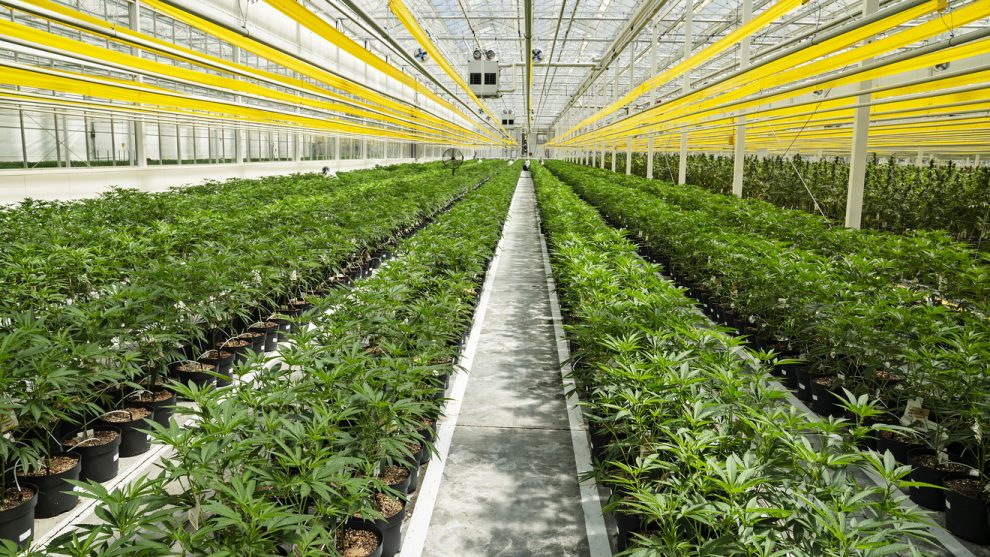
For Aphria Inc. and other cannabis companies with aspirations of market domination, the billion-dollar market for illegal vaporizers in Canada remains the largest competitor.
“There’s probably C$1 billion worth of vape sales in the black market,” Aphria APHA, -3.35% APHA, -3.63% Chief Executive Irwin Simon said over the phone late Thursday. “The illicit market today is the biggest market out there.”
When asked whether it was Aphria’s largest competitor, Simon said, “Without a doubt.”
Aphria reported its fiscal fourth-quarter earnings Thursday after the closing bell, issuing guidance for fiscal 2020 and also posting a profit — both rarities among cannabis companies.
The Canada-based weed producer reported fiscal fourth-quarter net income of C$15.8 million ($11.9 million), or 5 cents a share, compared with losses of $C5 million, or 43 cents a share, in the year-ago period.
Its fiscal 2020 guidance was likely one of the other reasons shares rose more than 30% in the extended session Thursday. In the conference call, executives said they expected revenue net of excise taxes in the range of C$650 million to C$700 million. Simon said the company aims to hit a C$1 billion run rate by the end of the fiscal year.
Read: Marijuana-delivery service Eaze scales back $1 billion ambitions, documents show
About half of that projected 2020 revenue will be from its pharmaceutical distribution, the result of its acquisition of CC Pharma, which closed this year. Aphria paid €18.92 million ($21 million) in cash to former CC Pharma shareholders.
Aphria’s recreational cannabis sales grew 158% to C$18.5 million from the prior quarter, or roughly 15% of the company’s net revenue of C$128.6 million for the fiscal quarter that ended in May.
Analysts surveyed by FactSet had estimated revenue of C$104 million. There were not enough analyst estimates to form a reliable consensus for net income or earnings per share.
Aphria said it sold 5.5 metric tons of pot, with a cash cost per gram of C$1.35.
Aphria’s cannabis is priced very aggressively and in some locations around Ontario, consumers will line up on the day new shipments arrive and buy out the stock, according to a source familiar with bulk cannabis purchasing. Aphria’s lower-end brands offer the most tetrahydrocannabinol for the cheapest price. It offers a high-end brand called Broken Coast.
Don’t miss: Snapchat and Twitter cannabis ads risk government crackdown
Simon said that one of the reasons the company is seeing success is because it strives to keep its growing costs as low as possible. Because marketing in Canada is very difficult under the strict Health Canada regulations, Simon said Aphria is able to keep prices low since there are fewer marketing costs to cover.
“At the last company I ran, my marketing budget was 20% of my costs,” Simon said. “Right now, I want to get Aphria’s brands into a lot of consumer’s hands. We make sure it’s available and priced right, and that’s talking to consumers.”
As for the company’s plans for entering the edibles and vaporizer markets, Simon said that the plan is similar to what it’s doing with recreational pot today: pricing it properly and making sure it gets into people’s hands.
Its venture with Pax Labs Inc., a San Francisco-based vape maker, will help because of Pax’s brand awareness.
Aphria’s results also benefited from C$50 million the company received from Green Growth Brands Inc. GGBXF, -5.21% GGB, +0.00% after that company’s hostile takeover bid failed. Green Growth launched the bid after short-sellers released a report that called into question several of the company’s assets and pointed out alleged wrongdoing by former executives related to several acquisitions.
Aphria said it will receive another C$39 million in November from Green Growth.
See also: Short sellers are increasing bets that cannabis stocks will fall
Aphria stock has fallen 12.9% this year, with the S&P 500 index SPX, -0.90% rising 14.6%. The pot sector overall is having a weak summer as scandals mount.












